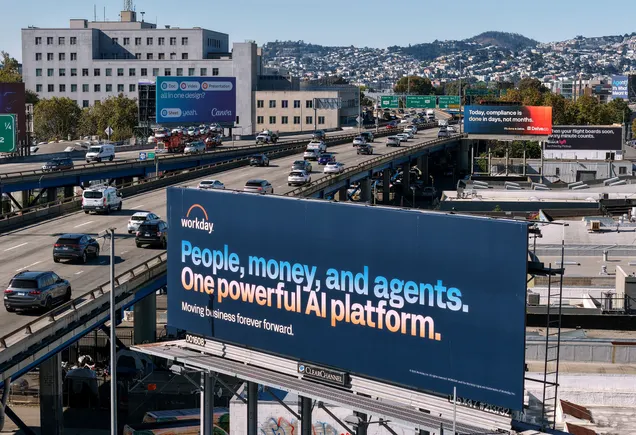Dive Brief:
- Unlocking AI’s potential isn’t just a tech challenge, it’s a talent issue as well, according to LinkedIn’s quarterly Executive Confidence Index, released Oct. 21.
- Nearly 9 in 10 (86%) of the 1,000 U.S. and U.K. talent acquisition professionals surveyed in September say their CEO is relying on them to solve the skills gap and build a workforce for the future, LinkedIn found.
- Yet, only one-third (34%) of the TA pros say most of their teams are AI power users, meaning they blend AI and human skills to drive strategy aligned with business goals, the index showed. Nearly half (47%) said their teams are AI practitioners; they’re using AI to improve productivity in their own roles and still learning how to use it strategically.
Dive Insight:
By 2026, one-third of companies expect AI to be running their entire hiring process, according to a recent Resume.org survey. More than half already use AI in hiring, and three-quarters said it has improved the quality of their hires, the platform found.
The results underscore pressures TA professionals face to keep from falling behind. In LinkedIn’s September survey, recruiters warned about multiple risks their teams will likely encounter if they don’t build AI skills, including lagging behind competitors (45%); struggling to attract top talent (41%); and missing growth targets (38%).
Transparency, which promotes fairness and demonstrates a commitment to ethical and effective hiring practices, plays a key role in the AI transformation, the Resume.org survey and posts on LinkedIn’s Talent Blog in May emphasized.
To achieve transparency, companies will be expected to communicate a clearer stance on AI use during the application process, a recruiting leader commented on the LinkedIn blog. This involves explaining where and how AI is used, whether it makes recommendations or rejections, the level of human oversight and what data is collected, according to a career advisor for Resume.org.
As recruiters address changing candidate expectations and a challenging talent landscape, they have found AI-enabled tools to be helpful in four main areas, a senior analyst for Gartner pointed out in a 2024 op-ed for HR Dive. These areas include: marketing, such as in providing targeted and best-fit position recommendations; scheduling interviews; matching candidates to a particular vacancy; and personalizing candidate strategy.






Leave a Reply